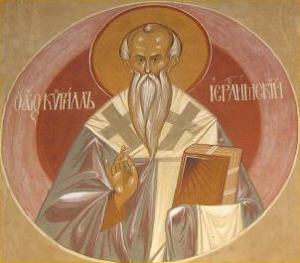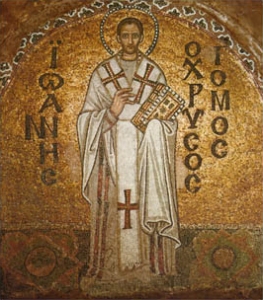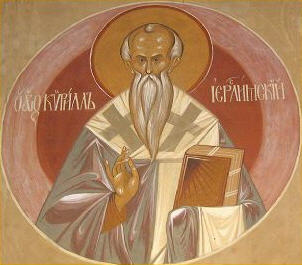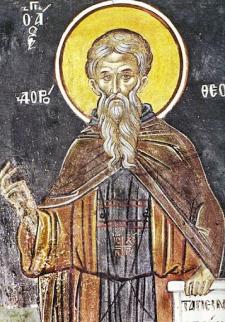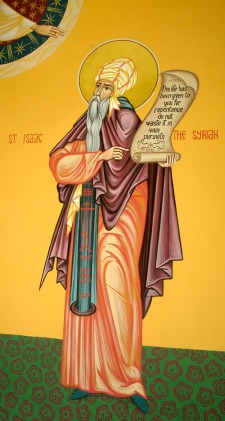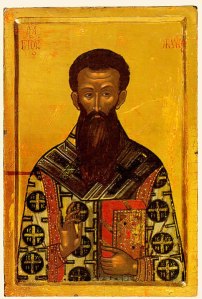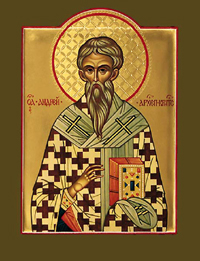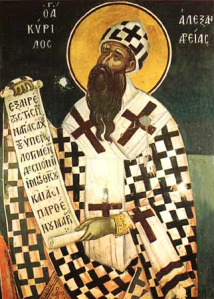After his sleep, walking in the eventide on the housetop, he cast a careless look, and felt a human passion.
His sin was completed, but there died not with it his candour concerning the confession of his fault.
Nathan the Prophet came, a swift accuser, and a healer of the wound.
The Lord is wroth, he says, and thou hast sinned (2 Sam. 12). So spake the subject to the reigning king.
But David the king was not indignant, for he regarded not the speaker, but God who had sent him.
He was not puffed up by the array of soldiers standing round, for he had seen in thought the angel-host of the Lord, and he trembled as seeing Him who is invisible (Heb. 11:27).
And to the messenger, or rather by him in answer to God who sent him, he said, I have sinned against the Lord (2 Sam. 12:13).
[…] Because he candidly confessed, he received a most speedy cure. For Nathan the Prophet who had uttered the threat, said immediately, The Lord also hath put away thy sin.
Thou seest the swift relenting of a merciful God.
He says, however, Thou hast greatly provoked the enemies of the Lord.
Though thou hadst many enemies because of thy righteousness, thy self-control protected thee; but now that thou hast surrendered thy strongest armour, thine enemies are risen up, and stand ready against thee.
Thus then did the Prophet comfort him, but the blessed David, for all he heard it said the Lord hath put away thy sin, did not cease from repentance, king though he was, but put on sackcloth instead of purple, and instead of a golden throne, he sat, a king, in ashes on the ground.
He not only sat in ashes, but also had ashes for his food, even as he saith himself, I have eaten ashes as it were bread (Ps. 101:10).
His lustful eye he wasted away with tears saying, Every night will I wash my couch, and water my bed with my tears (Ps. 7:7). When his officers besought him to eat bread he would not listen. He prolonged his fast unto seven whole days.
[…] Again, after Absalom’s insurrection, though there were many roads for him to escape, David chose to flee by the Mount of Olives, in thought, as it were, invoking the Redeemer who was to go up thence into the heavens (2 Sam. 16:10-11).
And when Shimei cursed him bitterly, he said, Let him alone, for he knew that “to him that forgiveth it shall be forgiven.”
Cyril of Jerusalem (c. 313-386): Catechetical Lectures 2, 11-12.
